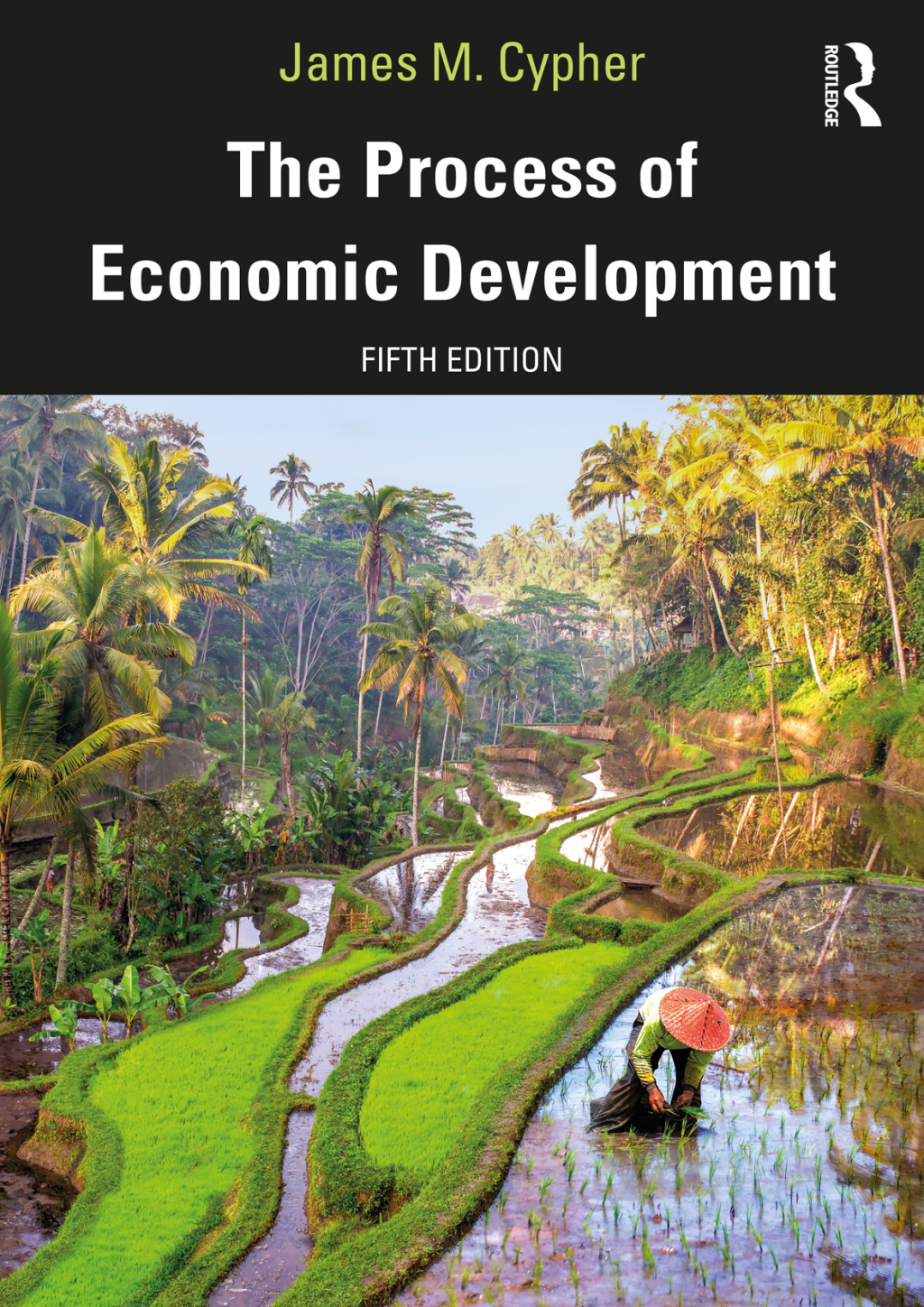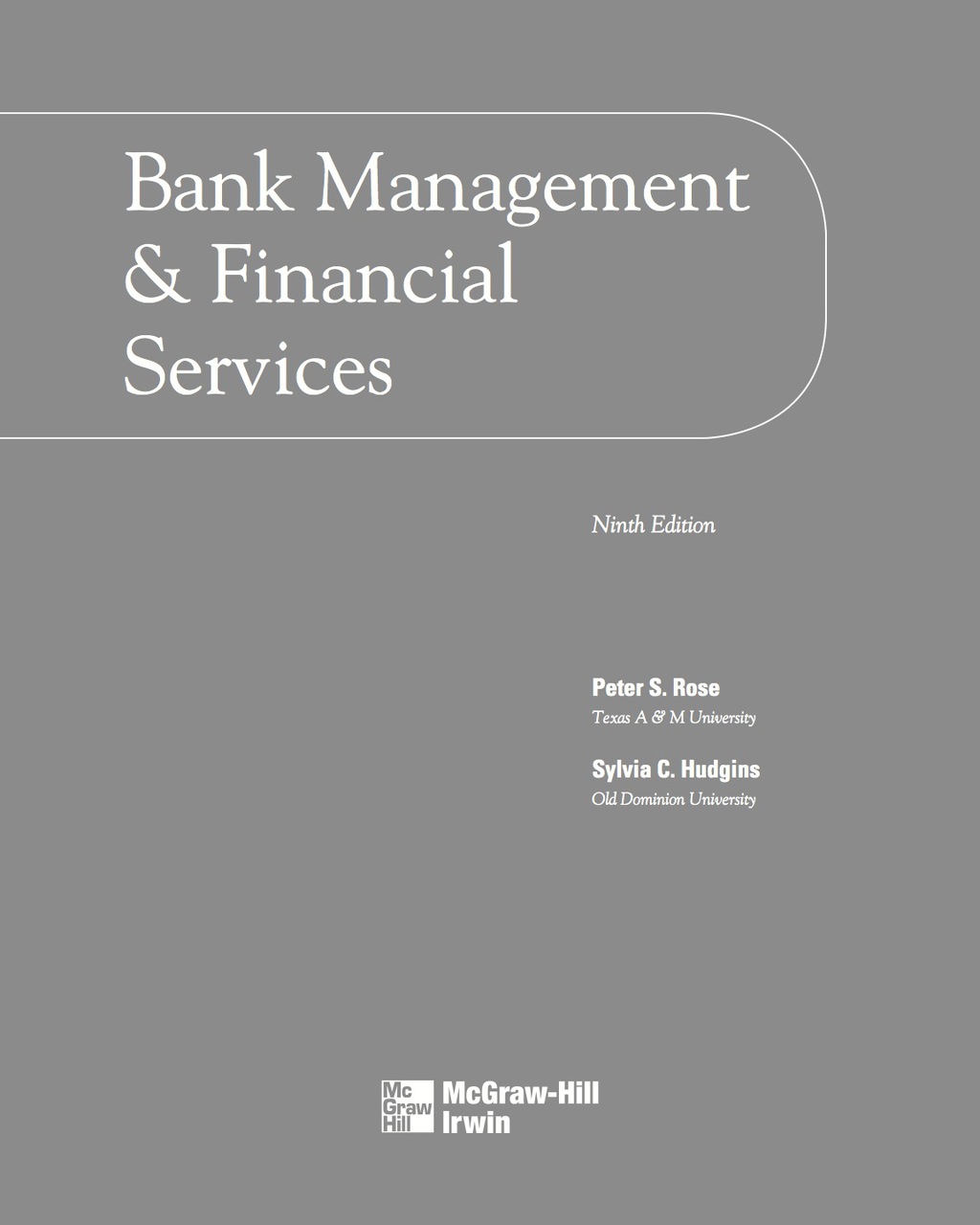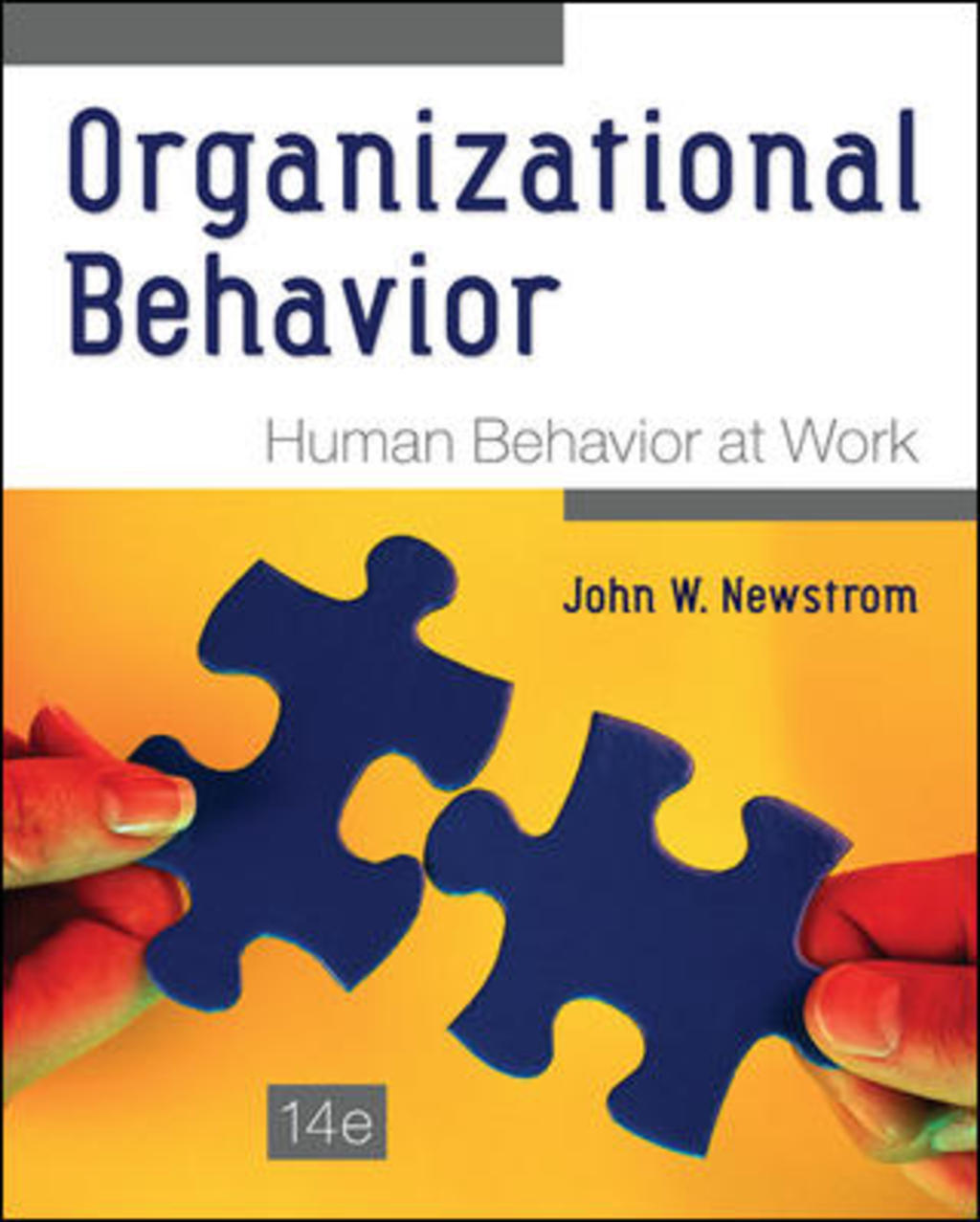The Process of Economic Development 5th Edition
Author(s): James M. Cypher
Publisher: Routledge
ISBN: 9780367251192
Edition: 5th Edition
$39,99
Delivery: This can be downloaded Immediately after purchasing.
Version: Only PDF Version.
Compatible Devices: Can be read on any device (Kindle, NOOK, Android/IOS devices, Windows, MAC)
Quality: High Quality. No missing contents. Printable
Recommended Software: Check here
Important: No Access Code
Description
Description
The fifth edition of The Process of Economic Development offers a thorough and up-to-date treatment of development economics. It has been extensively revised throughout, reflecting the most recent developments in research and incorporating the latest empirical data, as well as key theoretical advances and many new topics. The world has seen vast economic growth in China, economic transformation in India, new challenges in Latin America, rapid economic progress in Southeast Asia, and the deepening impact of environmental issues such as climate change. This new edition addresses all these critical issues as well as the pivotal role of the state, where China’s capacity is contrasted with that of African states. Transnational corporations’ reliance on low-wage manufacturing and labor arbitrage is featured in the book. Agricultural policy—extensively explored—remains crucial, as does the promotion of industrialization. This fifth edition offers a ‘state-of-the-art’ analysis of these essential themes and many others. Numerous case studies and issue focuses have been integrated with sundry central topics. Neoclassical theories and applications, including a timely exploration of behavioral economics, are both rigorously and accessibly explicated. Cypher’s comprehensive account remains the development economics text par excellence, as it takes a much more practical, hands-on view of the issues facing the developing countries than other, overly mathematical texts. This book is unique in its scope and in the detailed attention it gives to a vast range of ideas, including pioneering developmentalist and heterodox formulations. Distinct institutional structures are examined within their historical contexts. This landmark text will continue to be an invaluable resource for students, teachers, and researchers in the fields of development economics and development studies.










